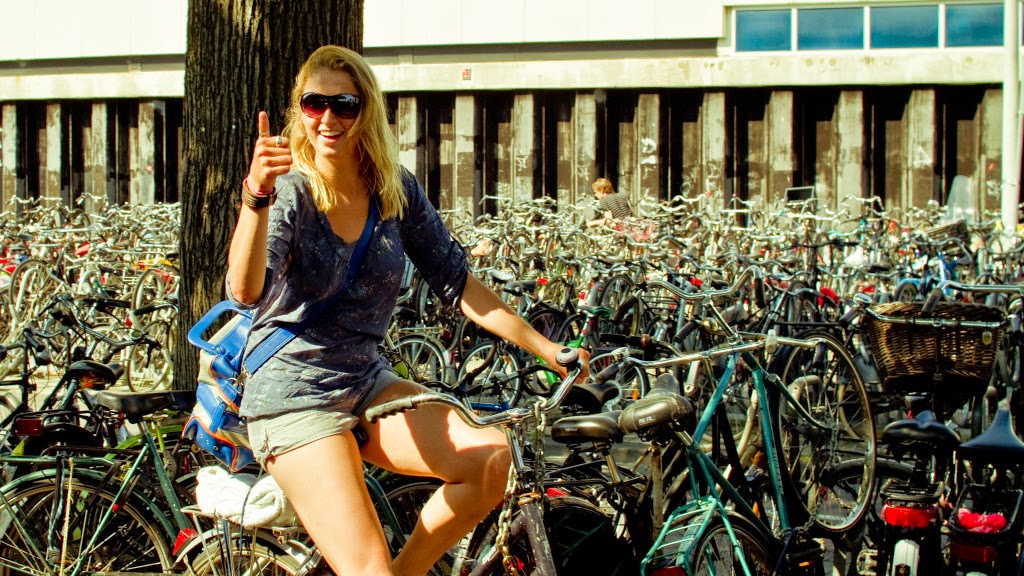Adidas wants to make shoes and clothing from plastic garbage from the ocean.

In an effort to bolster its commitment to sustainability, Adidas announced that it would begin developing materials out of plastic ocean waste to ultimately use in its products. They are teaming up with the Parley for the Oceans, a group of artists, scientists, musicians, and designers dedicated to cleaning up the world’s oceans. Together, they plan on developing fibers made from plastic ocean waste that can be used in the manufacturing of clothing and potentially in shoes. In the short term, Adidas also pledged to phase out plastic bags at its 2,900 stores worldwide. Between 5 and 13 million metric tons of plastic waste ended up in oceans just 2010 alone, an amount that’s expected to increase in the coming decades if waste disposal techniques aren’t improved. Another study estimated that the ocean has about 600 pieces of plastic in it per every person living on earth. Each ocean has its own massive whirlpool of plastic debris, but those patches only account for 1 percent of












